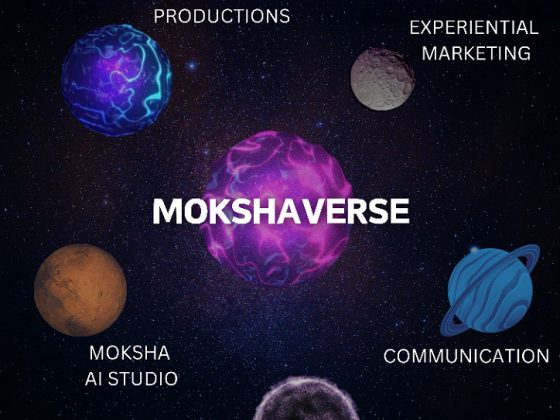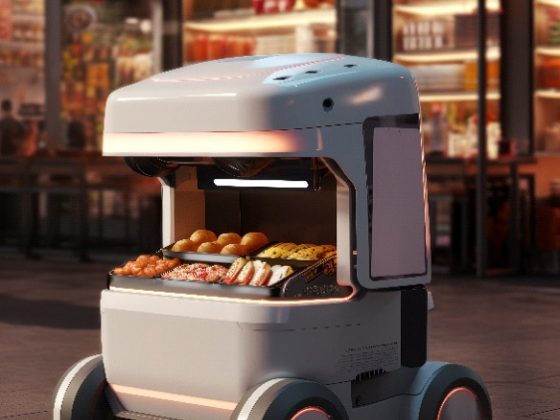The FMCG Industry’s Role In Tackling Global Food Waste With Tech-Enabled Solutions
By Venus Dsilva
The global food waste crisis demands urgent attention, with nearly one-third of all food produced worldwide either lost or discarded before it reaches consumers. This waste is not just unacceptable; it represents a critical missed opportunity to combat food insecurity and contributes significantly to environmental issues, including greenhouse gas emissions and the squandering of natural resources. As a powerhouse in food production and distribution, the fast-moving consumer goods (FMCG) industry is uniquely positioned to take decisive action to address this pressing issue. Through innovative, technology-driven strategies, FMCG companies will lead the way in reducing waste, enhancing sustainability, and streamlining operations, showcasing that business success and environmental responsibility can and must go hand in hand.
“A Game Changer In The Fight Against Food Waste”
FMCG industry
Predictive analytics is rapidly establishing itself as one of the FMCG sector’s most essential tools in the battle against food waste. Unlike outdated forecasting methods that rely solely on historical data, predictive analytics harnesses insights from a diverse range of inputs—real-time sales data, seasonal trends, and even social media signals—to create highly precise demand forecasts. Companies like Unilever are already optimising their production schedules and drastically reducing surplus stock by anticipating exactly how much inventory is required.
A 2023 report from McKinsey underscores the impact of this technology: FMCG companies implementing advanced predictive analytics achieved a remarkable 20% reduction in surplus inventory, leading to significant cost savings and a reduced environmental footprint. As this technology continues to evolve, FMCG companies will master demand fluctuations with unprecedented accuracy, minimising waste and maximising sustainability.











